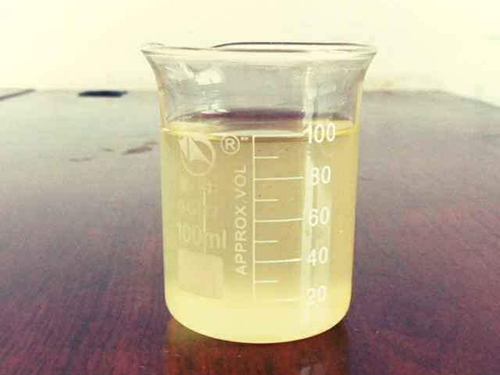Effective Water Treatment Techniques Utilizing HEDP for Improved Water Quality and Longevity
HEDP in Water Treatment An Essential Chemical for Modern Applications
Water is an indispensable resource for various industrial processes, and ensuring its purity is crucial for the sustainability of ecosystems and human health. One of the key players in water treatment is HEDP (1-Hydroxyethylidene-1,1-diphosphonic acid), a powerful chelating agent that helps control scale formation and corrosion in water systems. This article delves into the significance of HEDP in water treatment, its mechanisms of action, applications, and benefits.
Understanding HEDP
HEDP is a phosphonic acid derivative used to sequester metal ions, which can lead to scaling and corrosion in water systems. Its molecular structure allows it to bond effectively with heavy metals, such as calcium, magnesium, and iron, ensuring that these ions remain in solution rather than precipitating out as scale. Because of its chelating properties, HEDP finds extensive use in various water treatment processes across industrial sectors.
Mechanism of Action
HEDP operates through a chelation process, where it forms stable complexes with metal ions. This process not only inhibits scale formation but also prevents the deposition of corrosion products. One of the unique attributes of HEDP is its ability to function effectively over a wide pH range, making it suitable for diverse water conditions. Unlike traditional phosphates, HEDP exhibits lower environmental impact due to its stability and biodegradability, making it a preferred choice in many formulations.
Applications of HEDP in Water Treatment
HEDP is widely utilized in various applications, including
1. Industrial Water Systems In cooling towers, boilers, and heat exchangers, HEDP helps manage scale and corrosion, enhancing operational efficiency and extending equipment lifespan.
hedp water treatment

3. Oil and Gas Industry In oilfield operations, HEDP is employed to mitigate scaling in production equipment, which can lead to operational interruptions and increased maintenance costs.
4. Household Products HEDP can also be found in household cleaning and dishwashing products, offering effective scale control and enhancing the performance of cleaning agents.
Benefits of Using HEDP
The application of HEDP in water treatment comes with several advantages
- Efficiency By preventing scale and corrosion, HEDP significantly improves the efficiency and reliability of industrial processes.
- Environmental Safety HEDP is less harmful to aquatic systems compared to conventional phosphonates and phosphates, allowing for safer disposal and reduced ecological impact.
- Cost-Effectiveness By reducing the frequency of system maintenance and downtime caused by scaling and corrosion, HEDP ultimately lowers operational costs.
- Versatility Its effectiveness across varied pH levels and water conditions makes HEDP a flexible choice in many water treatment scenarios.
Conclusion
HEDP plays a crucial role in modern water treatment practices, providing effective solutions for scale and corrosion control. Its unique properties, combined with environmental safety and cost-effectiveness, make it an indispensable chemical in various industrial and municipal applications. As the demand for clean and safe water continues to grow, the importance of reliable agents like HEDP will undoubtedly increase, paving the way for sustainable water management practices in the future.
-
Water Treatment with Flocculant Water TreatmentNewsJun.12,2025
-
Polymaleic AnhydrideNewsJun.12,2025
-
Polyaspartic AcidNewsJun.12,2025
-
Enhance Industrial Processes with IsothiazolinonesNewsJun.12,2025
-
Enhance Industrial Processes with PBTCA SolutionsNewsJun.12,2025
-
Dodecyldimethylbenzylammonium Chloride SolutionsNewsJun.12,2025





